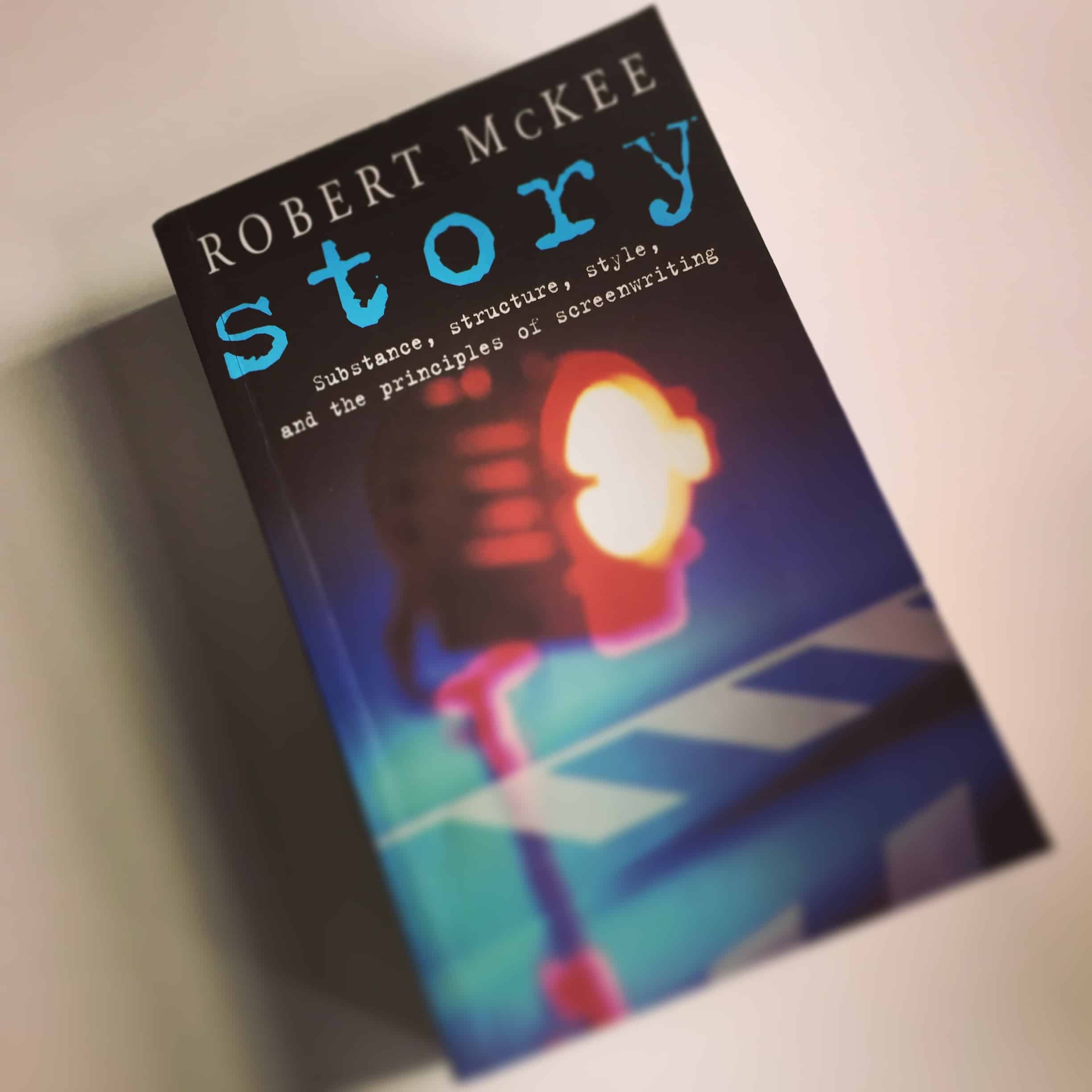Our guide to the 7 books that promise to make you a better business writer.
Writing well is more important than ever. Now almost everyone writes for work – from emails to research papers, presentations, memos, letters, social media posts and more. And yet, few of us are trained in how to write well.
So if you’d like a crash course in the fundamentals of good writing, here are seven books guaranteed to help you improve.
1. On Writing Well: The Classic Guide to Writing Non-fiction by William Zinsser
A writer, editor and teacher at Columbia University, William Zinsser was the grand master of good writing. On Writing Well is his definitive guide on how to write. For Zinsser, it’s all about treating the reader with respect and getting straight to the point. On Writing Well isn’t just full of good advice, it’s also a model of good writing in itself: punchy, informative and humorous. As a critic once wrote about Zinsser’s work: “You actually enjoy reading it, rather than feeling like you’re eating your spinach.”
Memorable advice: “We are a society strangling in unnecessary words, circular constructions, pompous frills and meaningless jargon.”
2. Ogilvy On Advertising by David Ogilvy
Ogilvy’s book On Advertising is something of a snapshot of the Golden Age of US advertising. And, while entertaining, it also contains some timeless and valuable advice about writing, including some frank insights on how to write to persuade. Who better to learn that from than probably the best copywriter of the modern age?
Memorable advice: “Many people – and I think I am one of them – are more productive when they’ve had a little to drink. I find if I drink two or three brandies, I’m far better able to write.”
3. Bryson’s Dictionary of Troublesome Words by Bill Bryson
On the outside, Bill Bryson may seem like something of a jolly old uncle – his writing cheerful and uncomplicated. But Bryson is an author of rare skill, especially when it comes to taking a mass of complex information and turning it into something simple and entertaining. Although ostensibly a reference book, Troublesome Words gives you some understanding of just how he does this. Better still, it gives you a few laughs along the way.
Memorable advice: “One idea to a sentence is still the best advice that anyone has ever given on writing.”
4. Everybody Writes: Your Guide to Creating Ridiculously Good Content by Ann Handley
The newest book on our list, Everybody Writes, provides sound advice on how to write in the digital age from content expert Ann Handley. It starts with the premise that everyone must now think of themselves as a writer. And it’s jammed full with information on how to communicate effectively in a business context, covering emails, blogging and writing for social media as well as more general advice.
Memorable advice: “Our writing can make us look smart or it can make us look stupid. It can make us seem fun, or warm, or competent, or trustworthy. But it can also make us seem humdrum or discombobulated or flat-out boring.”
5. The Elements of Style by Strunk & White
No list of writing books would be complete without The Elements of Style, or “Strunk & White” as it’s more commonly known. It’s probably the one writing book that adorns the shelves of every university literature student, journalist, copywriter and professional writer around the world. The authors may be long dead but their general advice – Be clear, Use the Active Voice, Write with Nouns and Verbs, Avoid Fancy Words, etc – remains as important as ever.
Memorable advice: “Never call a stomach a tummy without good reason.”
6. Writing from Start to Finish by Kate Grenville
One of Australia’s leading fiction writers reveals her secrets in this clear, simple and practical six-step guide to writing. It is as useful for students writing essays as it is for people looking to brainstorm ideas, write an article or thoroughly dissect their writing style.
Memorable advice: “Every piece of writing is like a journey. It starts at the Beginning, travels along through the Middle, and Ends up at its destination.”
7. Story by Robert McKee
It might be about screenwriting but Robert McKee’s Story is a must-read for any writer. Known for his famous “Story Seminars”, his book emphasises the importance of structure and narrative, or “story”. McKee has been subject to much publicity and criticism, and he and his writing seminar were immortalised in the 2002 film Adaptation (a great piece of writing in itself).
Memorable advice: “Anxious inexperienced writers obey rules; rebellious unschooled writers break rules; an artist masters the form.”
Want more?
Get in touch if you’d like to know more about Antelope Media’s seminar on how to write, Big Impact Writing.
Alternatively, we can help your organisation cut through with the best quality copywriting and content marketing.
Read more: How to write anything
Read more: What Hemingway can teach us about digital writing
Read more: 5 tips when writing for the web
Read more: How do you learn to write? 6 tips to improve your writing
Related services: Copywriting, Corporate Writing and Editing, Content Marketing, Big Impact Writing.

